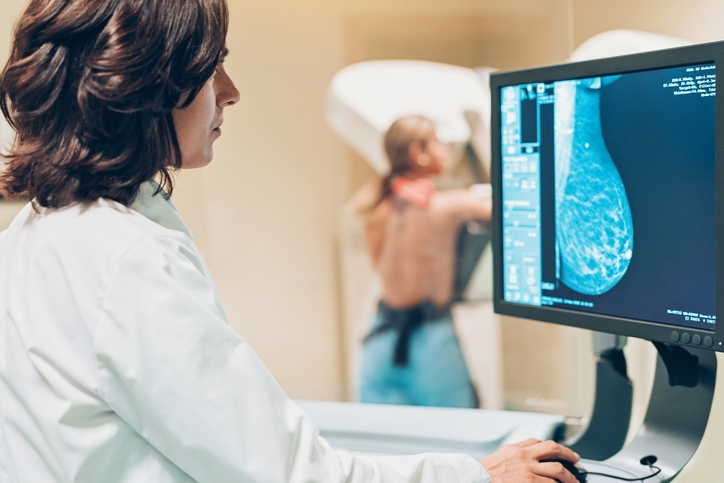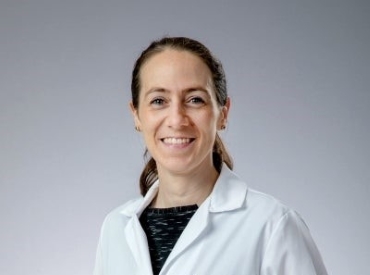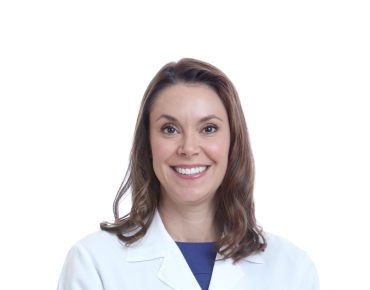The Pressing Truth: Debunking Myths About Mammograms
October 29, 2025
Categories: Women's Health, Cancer
Every October, Breast Cancer Awareness Month reminds us of the importance of early detection. Survivors share their stories, pink ribbons appear everywhere and many women schedule their yearly mammograms. For others, confusion and fear of the unknown keeps them from getting screened. Trinity Health’s cancer prevention experts share what the mammography experience is like, answer common questions and clear up myths about this lifesaving screening.
Who Should Get a Mammogram?
Q: When should I start getting screened?
Bess Connors, MD: Trinity Health follows guidelines from the US Preventive Services Task Force, the American College of Radiology and the Society of Breast Imaging: start annual mammograms at age 40, or earlier if you have a family history or other risk factors.
“If I don’t have a family history, I don’t need a mammogram.”
Most women diagnosed with breast cancer have no family history. Regular screenings are essential.
What’s the Mammogram Experience Like?
Q: Is it painful or uncomfortable?
Jamie Caughran, MD: Most women describe it as brief and mildly uncomfortable. Newer machines are designed to improve comfort and speed.
“Mammograms aren’t safe or accurate.”
Mammograms are safe and highly effective at detecting breast cancer early — often before symptoms appear.
Q: Is it safe?
Bess Connors, MD: Yes. Modern mammography uses low-dose radiation, comparable to about 33 days of natural background exposure.
Risk Factors & Prevention
Q: What increases my risk for breast cancer?
Bess Connors, MD: Risk factors include:
- Age
- Family history
- Genetic mutations (BRCA1/BRCA2)
- Hormonal factors
- Lifestyle choices
Q: Can lifestyle changes help reduce risk?
Bess Connors, MD: Yes. Maintaining a healthy weight, exercising, limiting alcohol and eating a balanced diet are all ways to help lower your risk.
“If I don’t feel a lump, I don’t need to worry.”
Many breast cancers are found before symptoms appear, thanks to routine screenings.
“All lumps mean cancer.”
Not all lumps are cancerous, but any change should be evaluated by a provider.
Self-Exams & What to Watch For
Q: Should I be doing breast self-exams?
Bess Connors, MD: Self-exams can help you become familiar with your body, but they don’t replace mammograms. Talk to your provider about what’s right for you.
Know Your Risk, Know Your Normal and Get Screened

Bess Connors, MD
Surgical Oncology
Trinity Health Breast Center - Grand Rapids Campus
Accepting new patients
Learn More

Jamie Caughran, MD
Surgical Oncology
Trinity Health Breast Center - Grand Rapids Campus
Accepting new patients
Learn More


